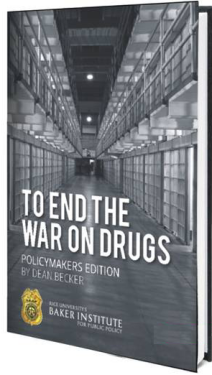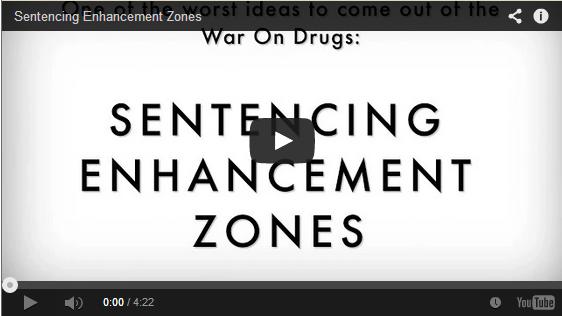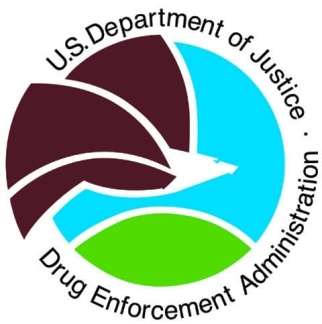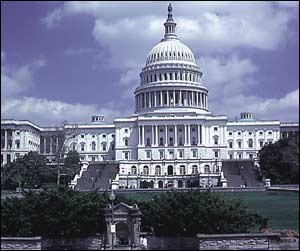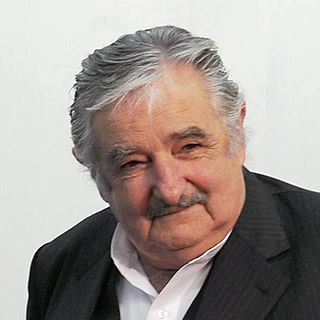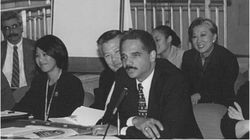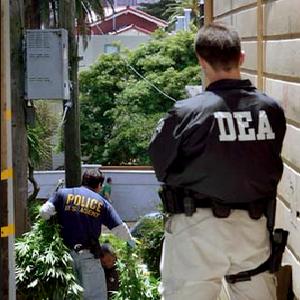BLOG
Summer Reading Assignment for Congress
[inline:dean-becker-200px.jpg align=right]Dean Becker of the Drug Truth Network is in Washington today to give copies of his book, "To En
House Votes to Let Banks Take Deposits from Marijuana Businesses
In a historic vote this afternoon, the US House has approved an amendment to the Treasury Department appropriations bill barring the agency from spending any money to punish financial institutions
One of the Worst Ideas to Come Out of the War on Drugs: Sentencing Enhancement Zones
Video from the Prison Policy Initiative on what is indeed one of the worst ideas to come out of the w
House Committee Votes to Block DC Decrim
The GOP-dominated House Appropriations Committee stuck a thumb in the eye of democratic governance in the nations capital this morning.
There Were Several Drug Policy Amendments to the CJS Bill
[image:1 align:right]Reformers have mostly been talking about the
House Passes Historic Medical Marijuana Amendment
Late Thursday night, the House of Representatives told the DEA to butt out of medical marijuana states by approving a budget amendment barring the use of taxpayer funds to do so.
Kentucky Gets its Hemp Seed as DEA Backs Off
It's a done deal. A UPS truck delivered more than 250 pounds of hemp seed to the Kentucky Department of Agriculture this afternoon.
The Largest Marijuana March Ever? 150,000 Protest in Buenos Aires!
Good Golly, Miss Mary Jane! I've been watching marijuana legalization marches for a long time and I've never seen a crowd like this.
Uruguay's Mujica is the Grumpy Old Man of Global Marijuana Legalization
Uruguay will formally unveil the regulations for its legal marijuana commerce next week, although
Big News from the Administration About Commutations
[image:1 align:right caption:true]The Obama administration may issue hundreds or even thousands of sentence commutations in drug cases,
It's 4/20 in Denver!
Denver is pot city this weekend, with the High Times Cannabis Cup, the 4/20 rally downtown, and dozens of related musical and cultural events.[image:1 align:left caption:true]
I'm Denver Bound, So No Chronicle AM for Friday
I'm driving from eastern South Dakota to Denver Friday in preparation for the 4/20 weekend there.
Medical Marijuana Expansion, Decriminalization Pass in Maryland
It was a banner day in Annapolis Monday, where legislators, working against an end-of-session deadline, managed to pass both marijuana decriminalization and medical marijuana expansion bills.
Obama Needs to Slap Down His Rogue DEA Chief
DEA Administrator Michele Leonhart told a congressional committee today her agency is "fighting back" against Justice Department p
Maryland Senate Okays Marijuana Decriminalization
The Maryland Senate today overwhelmingly approved a marijuana decriminalization bill with bipartisan support. It now heads to the House of Delegates.
Say What? UNODC Panel Says Criminalizing Drug Use "Not Beneficial"
Yep, you read that right. The global anti-drug bureaucracy doesn't think it's a good idea to criminalize drug use.
A Thousand March for "El Chapo" in Culiacan
As many as a thousand people marched through the streets of
